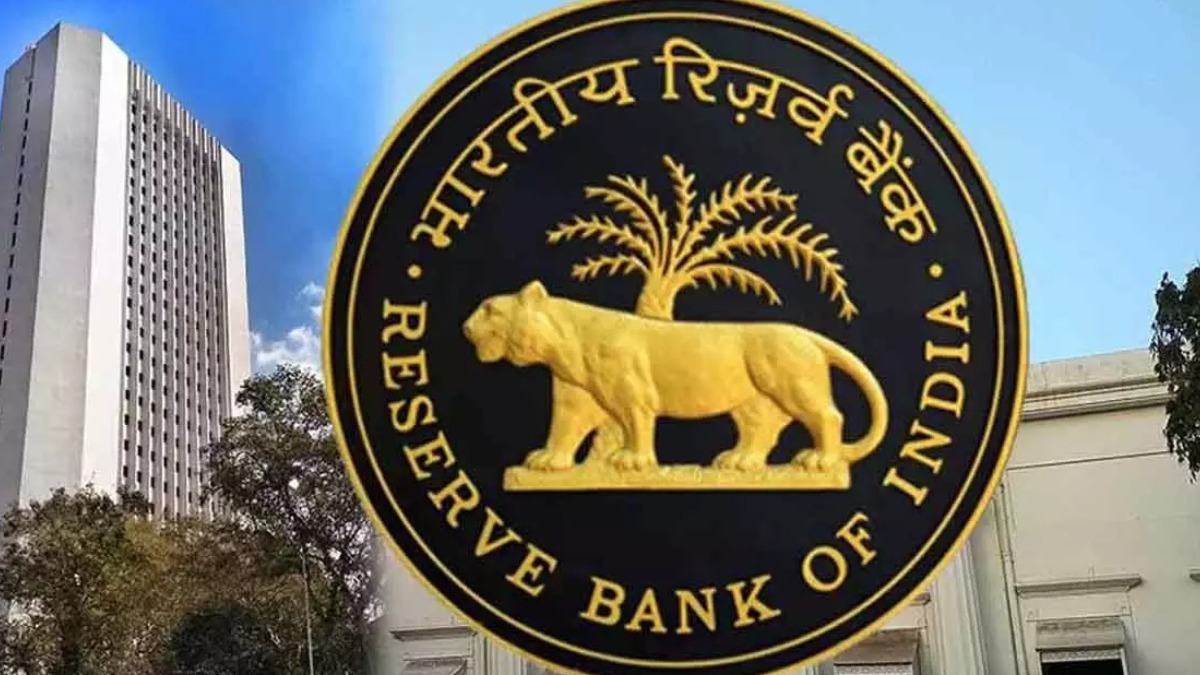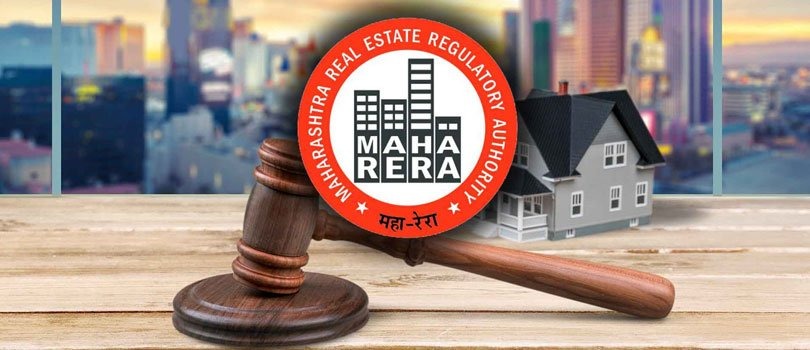C.Y. Somayajulu, J.@mdashPlaintiff in O.S.No. 120 of 1983 on the file of the court of the Principal District Munsif, Kadiri is the appellant. He filed the suit for declaration of his title to the property specified in the schedule appended to the plaint (suit property), for delivery of possession thereof and for recovery of arrears of rent and future profits, contending that the suit property, which was an open site measuring Ac.1 1/2 cents in Survey No. 661-4-A belonged to Gundluru Imambee, wife of Rasool Saheb, who sold it to the 1st respondent, who in turn sold it to him for Rs. 1500/- under a registered sale deed dated: 26-2-1971 and put him in possession thereof. After he raised a small hut in the suit property 2nd respondent who is the husband of the 1st Respondent took the suit property on lease at R.20/- per month. After paying rent to him for some time respondents are neither paying rents nor vacating the suit property. Hence, the suit. 1st respondent filed a written statement, which is adopted by the 2nd respondent, admitting the 2nd respondent executing a sale deed in respect of the suit property in favour of the appellant, but it is his contention that appellant having lent an amount of Rs. 1500/- to the 2nd respondent in 1976, with a view to knock away the suit property obtained a nominal sale deed but was never in possession thereof and that possession of the suit property is always with him and his wife, the 2nd respondent, and since the sale deed is nominal, appellant has no right over the suit property. Basing on the pleadings, the trial court framed five issues and three additional issues for trial. The trial court held in favour of the appellant on all the issues and decreed the suit. On appeal by the respondents, the 1st appellate court reversed the findings of the trial court and dismissed the suit. Hence, this Second Appeal.
2. The point for consideration is whether the reversal of the findings of the trial court by the lower Appellate court is on a proper appreciation of evidence?
3. Since execution of Ex.A-2 sale deed in favour of the appellant is admitted, respondents who have taken a plea that it is a nominal document have to establish the said fact. Except the interested oral evidence adduced by them there is nothing on record to show that Ex.A-2 sale deed is a nominal sale deed. The lower appellate court on the basis of Ex.B-14 statement said to have been recorded by the police u/s 161 Cr.P.C. held that Ex.A-2 is not a genuine document. It is well known that statement recorded by police u/s 161 Cr.P.C. is not substantive evidence and can be used only for the purpose of contradiction that too if the police officer who recorded it is examined as a witness. Even as per Section 141 of the Evidence Act, the previous statement of the witness can be used only for the purpose of contradiction. The police officer who recorded Ex.B-14 statement of plaintiff is not even examined as a witness. In fact the trial court erred in admitting the entire statement of the appellant recorded by police u/s 161 Cr.P.C. as Ex.B-14. Only the portions, which are not admitted the appellant as stated to police, can be given an exhibit mark.
4. If Ex.A-2 dated 26-2-1971 is a nominal document, respondents would not have kept quiet for more than a decade without taking steps to set aside Ex.A-2. After proper appreciation of evidence on record the trial court rightly held that the appellant is the owner of the property by virtue of Ex.A-2. But on mere surmises and conjectures, the lower appellate court on the basis of Ex.B-14 statement of the appellant said to have been recorded by police that too when the officer who allegedly recorded it is not even examined, reversed the finding of the trial Court. The method and manner in which, the lower appellant court considered the evidence on record is opposed to all known rules of appreciation of evidence. So I have no hesitation in holding that the lower appellate court was in gross error in upsetting the well considered finding of the trial Court. The point is answered accordingly.
5. The sheet anchor of defence of the respondents that since the suit property which is a site with a hut falls within the definition of ''building'' as defined in A.P. Buildings (Lease, Rent and Eviction Control) Act, 1960, (Rent Control Act) the remedy of the appellant is to file a petition under the provisions of the Rent Control Act but not a civil suit and so Civil Court has no jurisdiction to entertain the suit. It is no doubt true that the provisions of the Rent control Act apply to huts also in view of the definition of the word ''building'' in the Rent Control Act. It is no doubt true that the averments in the plaint show that the appellant himself raised the hut and let out the suit property to the respondents and so appellant should have filed a petition under the Rent Control Act for eviction of the respondents. But in this case, since the respondents have denied the title of the appellant he titled the suit for declaration of title, which can be decided only by a Civil Court. The allegation in the plaint that respondents are denying the title of the appellant is not denied or disputed by the respondents in their written statement. As held by the Supreme Court in
6. In the result, the appeal is allowed. The judgment of the lower appellate court is set aside and the decree passed by the trial court is restored. Appellant is entitled to costs in the two courts below as prayed for. Parties are directed to bear their own costs in this appeal.

